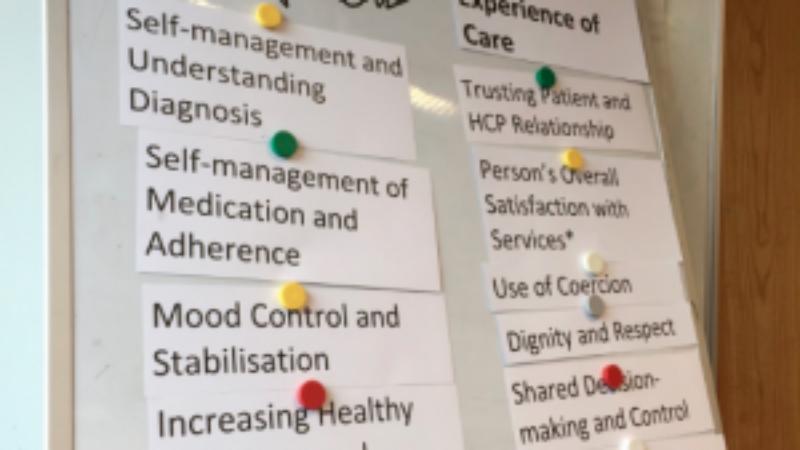Project overview
Severe Mental Illnesses (SMIs) arise from the complex interactions of biological, psychological, and social factors. These factors overlap but also work together to influence the effect of SMIs across an individual’s life.
However, most frontline treatments for SMIs target biological and psychological factors. This hub will focus on social factors: the conditions in which people are born, grow up, work, live, and age, and the wider set of forces and systems that shape daily life.
This five-year study aims to generate new knowledge on the role of social factors in influencing the course and outcomes of SMIs and explore how we can harness “protective” social factors to build resilience and recovery in people with SMIs. Such an approach would draw on and encourage the use of resources in people’s social networks and in their wider community and may be more cost-effective and sustainable.
It will take place in London, Warwickshire and the Midlands, Liverpool, Newcastle-on-Tyne and the South West Peninsula.
Project details
Having a severe mental illness (SMI) can significantly impact many aspects of an individual’s life.
Providing effective treatment and support as early as possible can help those affected to live full and productive lives.
This research study will seek to understand how and why severe mental illnesses develop so we can improve the lives of those affected.
What are severe mental illnesses (SMIs)?
SMIs include diagnoses such as schizophrenia, bipolar, other conditions marked by psychosis and major depression, which severely impact a person’s quality of life.
People with an SMI experience a range of inequalities compared to the general population; they are much less likely to be employed or live in stable accommodation, for example.
However, what is most shocking is that the life expectancy of people with SMI is on average 10-20 years shorter than the general population, often because poor mental health also leads to poor physical health, and this mortality gap continues to widen.
McPin will facilitate the service user involvement for this study through a Lived Experience Advisory Panel (LEAP) – a group of people with severe mental illness (SMI) and informal carers.
The hub will also include peer researchers based at Queen Mary University of London.
A senior service user researcher at McPin is the PPI co-ordinator and a co-investigator for the study, and our Head of Research and Involvement will provide advice from a lived experience advisory perspective on co-production.
Please email [email protected] for more information.
You can also read this blog on accelerating research in severe mental illness on the UKRI website.
Related blogs
Related projects
Work with us
We are always excited to hear from others who want to collaborate on mental health research. From delivering peer research to helping you with public involvement strategies and providing training, get in touch to chat.







